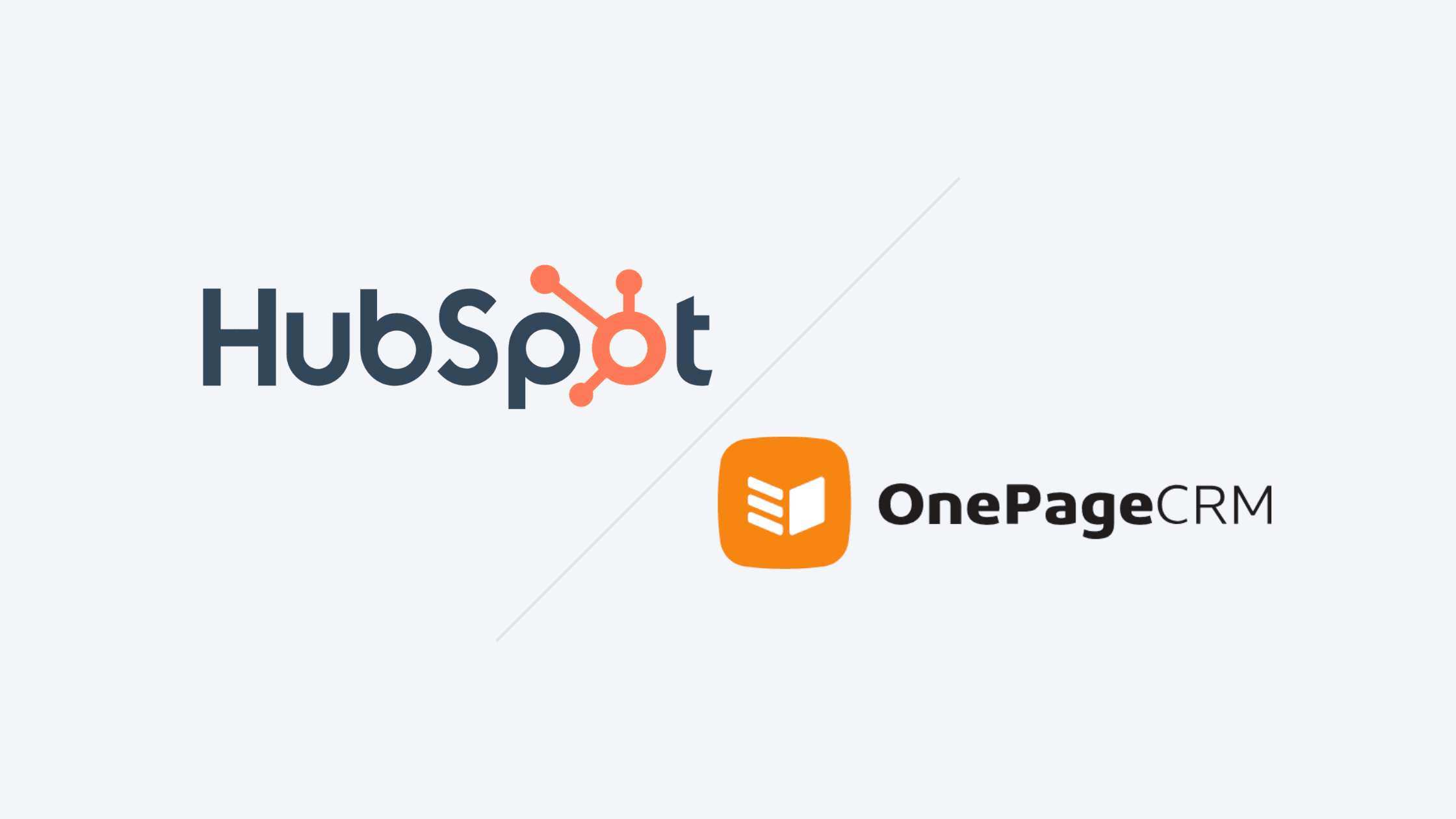Small Business
5 Reasons Why Small Businesses Are Often Forced To Adopt CRM
By addressing these challenges, CRM systems can help small businesses improve their operations, enhance customer relationships, and drive growth in an increasingly competitive and digital marketplace.
Introduction
In today's competitive business landscape, sales professionals face numerous challenges. One of the greatest challenges is managing time effectively. Time-saving techniques not only provide sales professionals with the opportunity to accomplish more in less time but also allow them to focus on high-value activities that drive revenue. By understanding the significance of time-saving techniques, sales professionals can maximize their efficiency and ultimately increase their chances of success.
Managing customer relationships
Limited resources and time constraints
Small business owners and employees often wear multiple hats, leaving little time for administrative tasks. CRM systems automate many processes, freeing up valuable time for core business activities.
3. Lack of automation

Manual processes for tasks like data entry and follow-ups can be time-consuming and prone to errors, reducing overall efficiency when theres frequent context switches and gazillion topics to trace at the same time.
Manually maintaining a small list of clients in an excel spreadsheet or a notebook is only possible when the business is just starting. When you start having to setup a website with a form, or host events in person or remotely, everyone that interacts with you becomes potential clients that needs to be carefully tracked and managed. And once these engagements start growing, it becomes impossible to track everything without a good automation.
For example, Google Forms was phenomenal when it allowed form entries to automatically save into a spreadsheet in Google Sheets, and this is still very popular approach to managing inbound requests for small and medium sized businesses. However, when you start having people showing up to multiple events, or having multiple enquiries, you end up with multiple spreadsheets with duplicate entries. Cross referencing these people across different spreadsheets and identifying strong intentions becomes purely manual task, which can very often be deferred or neglected without a good automation.
4. Lack of a unified customer view

Small businesses struggle to get a comprehensive view of each customer, including their contact details, purchase history, interactions, and preferences. This hinders effective decision-making and personalized customer service.
All of these are often managed in separate spreadsheets, hand-written notes, or inside email threads which is far from effective and accurate when quick decisions are required.
Good example would be small businesses selling on social platforms such as Instagram or Facebook shops, whose customer interactions are scattered across different messaging channels such as Instagram Direct Message, Facebook Messenger, WhatsApp and Emails. Their purchase histories are stored inside the platform, and more granular details such as product preferences or special requests are scattered as well.
Combined with marketing, this creates a big challenge to properly target marketing strategies on contents and advertisements without a robust system to centralize and analyze customers in a unified manner.
Growth and Scalability Limitations

5. Difficulty in scaling operations
Combining all the challenges from above, the lack of a robust system, especially CRM, ultimately can significantly impact the ability of small and medium businesses (SMBs) to scale their operations effectively. Here are some key ways this challenge manifests:
Lack of historical trace and replicable processes:
As businesses grow, they accumulate more customer data. Without a CRM, SMBs struggle to organize and manage this increasing volume of information efficiently. This leads to scattered data across various tools and platforms, making it difficult to access and maintain accurate, up-to-date customer information.
Inconsistent customer experience:
As the business expands, maintaining a consistent customer experience becomes challenging without a CRM. Different team members may provide inconsistent information or service to customers, negatively impacting overall customer satisfaction.
Ineffective lead management:
Without a systematic approach to tracking and nurturing leads, SMBs may struggle to manage an increasing number of potential customers effectively. This can result in lost sales opportunities and hinder growth.
Limited marketing capabilities:
As the customer base grows, SMBs without CRM struggle to implement targeted and personalized marketing campaigns. This limitation can lead to reduced marketing ROI and missed opportunities for customer engagement.
Difficulty in performance tracking:
Without proper CRM tools, SMBs find it challenging to generate accurate reports on sales performance, customer trends, and other key metrics. This lack of visibility makes it difficult to make data-driven decisions as the business scales.
Challenges in team collaboration:
As the team grows, the lack of a centralized system for customer information can lead to communication breakdowns and inefficiencies in collaboration between different departments.
Difficulty in adapting to market changes:
Without the insights and agility provided by a CRM system, SMBs may struggle to quickly adapt their strategies and operations in response to changing market conditions or customer needs as they scale.
In a nutshell, without a robust system and processes CRM provides, it becomes exponentially difficult for small and medium sized businesses to replicate previous success, plan for future success, and respond to current problems.
Conclusion
The absence of a robust CRM system presents multiple challenges for SMBs, from data management to customer experience and beyond. These challenges are interlinked and can collectively impede business growth.
Long-Term Effects on Business Growth
Over time, the lack of a CRM can stifle a business’s ability to scale. It can lead to inefficiencies, lost opportunities, and an inability to respond to market demands, ultimately impacting long-term success.
From managing customer data to ensuring a consistent customer experience, a CRM is essential for overcoming the myriad challenges that come with business growth. Investing in a CRM system can provide SMBs with the tools they need to replicate past successes, plan for future growth, and address current challenges head-on.
SMB CRM Suggestions and Alternatives
Klipy
AI Powered CRM built for entrepreneurs and small business owners. Extremely simple design and comes with Generative AI powered integrators to automatically filter, comprehend and extract key sales signals from emails and online meetings.

folk
Another CRM focused on easy setup and simplicity, manage pipeline, leads and projects in one place.

Hubspot
Very popular CRM option with full integration of marketing, contents, customer service and sales.

More from the blog







